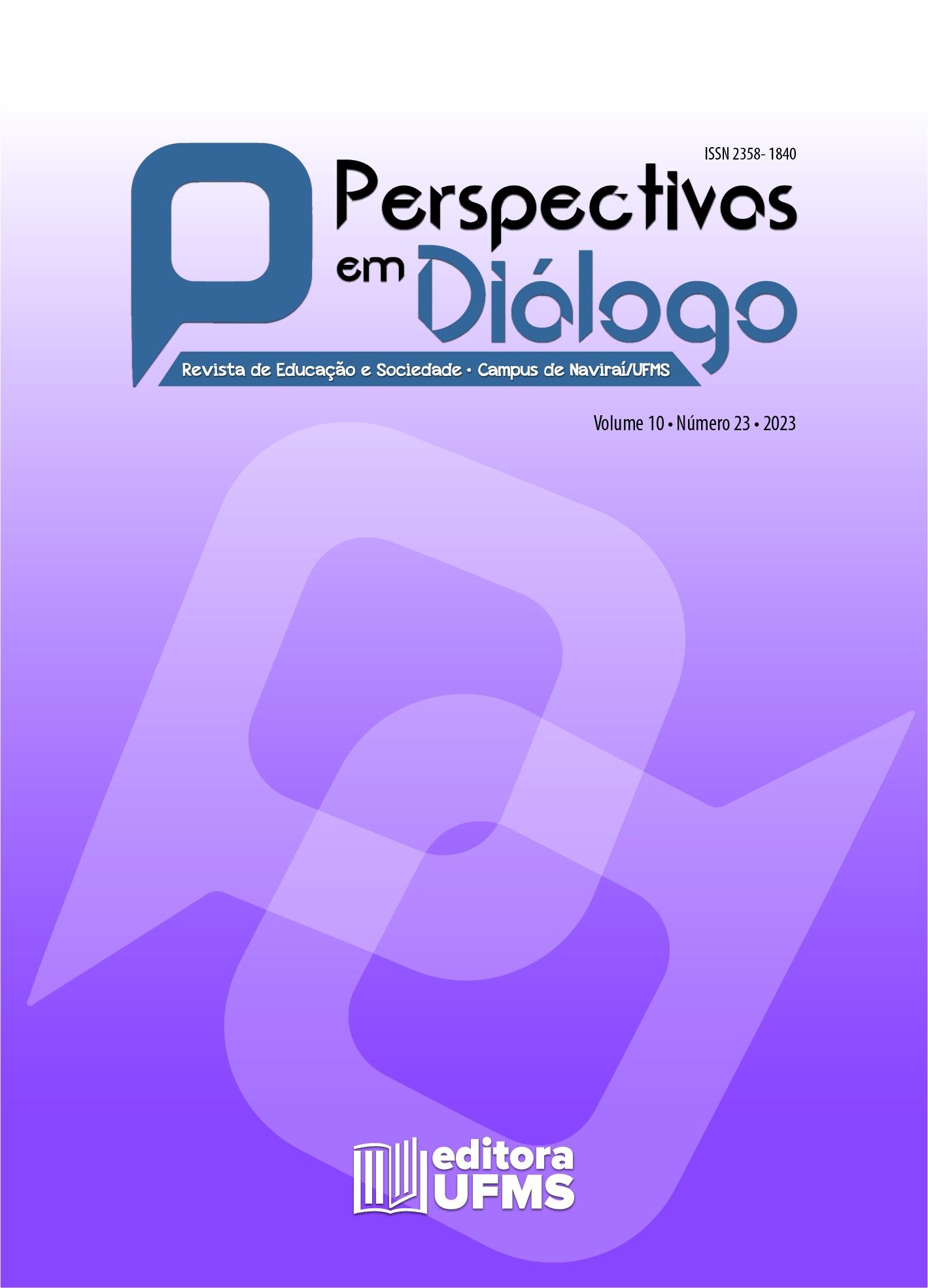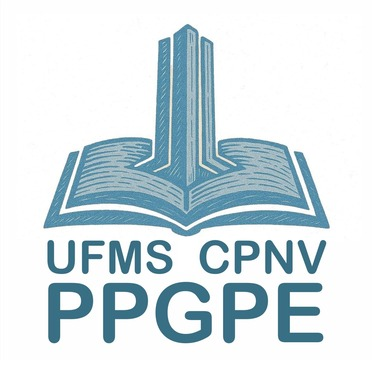Whats's critical about Critical Theory again? Critical Theory, ethnocentrism, sexism and racism
DOI:
https://doi.org/10.55028/pdres.v10i23.18637Resumo
The purpose of the article is to examine some of the weaknesses of critical theory with regard to race and gender, as well as to critique the limitations of critical theory stemming from its ethnocentrism. In it the author argues for a return to the deeper engagement with the breadth of contemporary social, political, and emancipatory theories and movements as seen in the first generation of the Frankfurt School. As a case in point, he shows that Angela Davis' omission from the history of critical theory indicates the degree to which even critical theory is haunted by racism, ethnocentrism, and sexism. These shortcomings of critical theory make it necessary to revisit critical theory once again, carrying forward the provocation made by Nancy Fraser in her essay entitled “What’s Critical About Critical Theory?”. As a result of the argument, the author suggests that a new critical theory, which brings Herbert Marcuse and Angela Davis into contact with other recent theories, would lead to more fruitful forms of critical theory that would help overcome the one-dimensional concerns of traditional critical theory.
Downloads
Referências
ARONOWITZ, Stanley. How Class Works: Power and Social Movement. New Haven and London: Yale University Press, 2003.
COLLINGS, Patricia Hill. Fighting Words: Black Women & the Search for Justice. Minneapolis and London: University of Minnesota Press, 1998.
DAVIS, Angela. Angela Davis: An Autobiography. New York: International Publishers, 1974.
DAVIS, Angela. “Marcuse’s Legacies”. In: Herbert Marcuse: The New Left and the 1960’s, edited by Douglas Kellner. London and New York: Routledge, 2005.
FARR, Arnold Lorenzo. Critical Theory and Democratic Vision: Herbert Marcuse and Recent Liberation Philosophies. Lanham, Boulder, New York, Toronto, Plymouth, UK: Lexington Books, 2009.
FRASER, Nancy. “What’s Critical About Critical Theory?”. In: Feminists Read Habermas: Gendering The Subject Of Discourse, edited by Johanna Meehan. New York: Routledge, 1995.
HORKHEIMER, Max. “Traditional and Critical Theory”. In: Critical Theory: Selected Essays, translated by Matthew J. O’ Connell and others. New York: The Seabury Press, 1972.
KELLNER, Douglas. “Marcuse and the Quest for Radical Subjectivity”. In: New Critical Theory: Essays on Liberation, edited by William Wilkerson and Jeffrey Paris. Lanham, Boulder, New York, Oxford: Rowman & Littlefield, 2001.
MARCUSE, Herbert. One-Dimensional Man. Boston: Beacon Press, 1964.
MARCUSE, Herbert. “Philosophy and Critical Theory”. In: Negations: Essays in Critical Theory, translated by Jeremy J. Shapiro. Boston: Beacon Press, 1969.
MARCUSE, Herbert. “Dear Angela”. In: Herbert Marcuse: The New Lest and the 1960s, edited by Douglas Kellner. London and New York: Routledge, 2005.
MARCUSE, Herbert. “Angela Davis and Herbert Marcuse”. In: Herbert Marcuse: Marxism, Revolution, and Utopia, edited by Douglas Kellner. London and New York: Routledge, 2014.
MARCUSE, Herbert. Paris Lectures at Vincenne, edited by Peter-Erwin Jansen and Charles Reitz. Salisbury University, Maryland (USA): International Herbert Marcuse Publish, 2015.
MILLS, Charles. From Class to Race: Essays in White Marxism and Black Radicalism. Lanham, Boulder, New York, Oxford: Rowman & Littlefield, 2003.
PARIS, Jeffrey; WILKERSON, William S.. New Critical Theory: Essays on Liberation. Lanham, Boulder, New York, and Oxford: Rowman and Littlefield Publishers, 2001.







